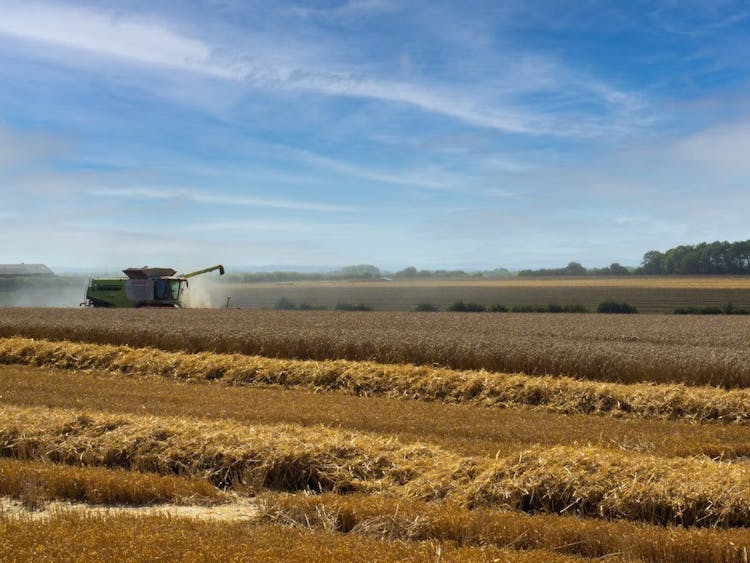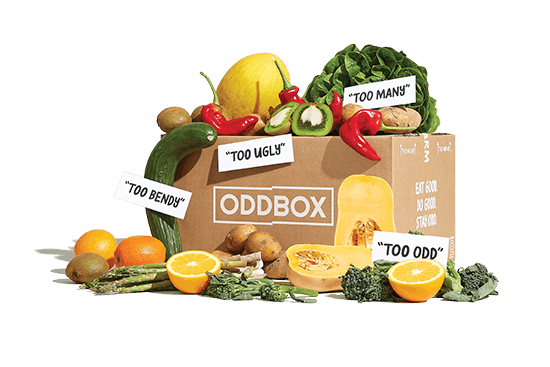The Times Are A-Changin’
Change is afoot in the UK.

September was a month of much change, with the end of the second Elizabethan era and a new PM in Whitehall. There are new players in power. So what does that mean for the climate and food agendas?
THE CLIMATE KING
“It’s very irritating when they talk, but don’t do,” said the late Queen Elizabeth II, a few weeks before last year’s COP26 summit. It was at the same summit that the then Prince Charles told world leaders that – in the fight against climate change – “the cost of inaction is far greater than the cost of prevention”.
As the reign of King Charles III begins, much has already been written about his track record of environmentalism – from a 1970 speech on the dangers of pollution, to a recently published book on climate change. Still, it’s unclear whether his interest in green issues will make a difference in his new role.
And as for COP27? The extent of the UK’s participation remains to be seen. If anything is certain, it’s that big changes are underway in this country.
WHAT WILL TRUSS DO?
“We will deliver, we will deliver, we will deliver,” declared the PM in her victory speech. So what might that mean in terms of the environmental agenda?
Well for one thing, the Gov’s review of net-zero has officially started, with a reaffirmed commitment to the 2050 target – which Truss has pledged to “double down” on.
Some conservationists are sounding the alarm about recent policy proposals, including a major new fossil fuels campaign. Rosebank oil field – which would be one of the biggest in the UK if developed – has been a major focus of climate activists. But others are finding cause to celebrate, with green energy companies praising the Gov’s reversal of restrictions around onshore wind farms.
POWER PLAYS
Beyond the political scene, businesses are also making power moves when it comes to environmental issues. More than 100 CEOs have signed an open letter addressed to the PM, calling on Truss to prioritise delivering on the UK’s “climate promises” and restoring nature.
In terms of environmental impact, food waste is also at the top of the corporate sustainability list. IKEA – which is in fact one of the world’s largest restaurants – revealed that its Food is Precious initiative has cut waste by 54%. Sainsbury’s unveiled an installation (amusingly) dubbed Sainsfreeze. Why build a pop-up-walk-in-freezer for two days? The aim was to inspire visitors to save both food and space when it comes to keeping food that might otherwise be thrown away.
And on the other side of the pond, Patagonia’s founder has been making waves for his recent announcement that all of his company’s profits will go to saving the planet. “Instead of ‘going public’, you could say we’re ‘going purpose’,” said Yvon Chouinard. “Instead of extracting value from nature and transforming it into wealth for investors, we’ll use the wealth Patagonia creates to protect the source of all wealth.”
Doing good business, or doing business for good? Maybe there doesn’t have to be a choice.

